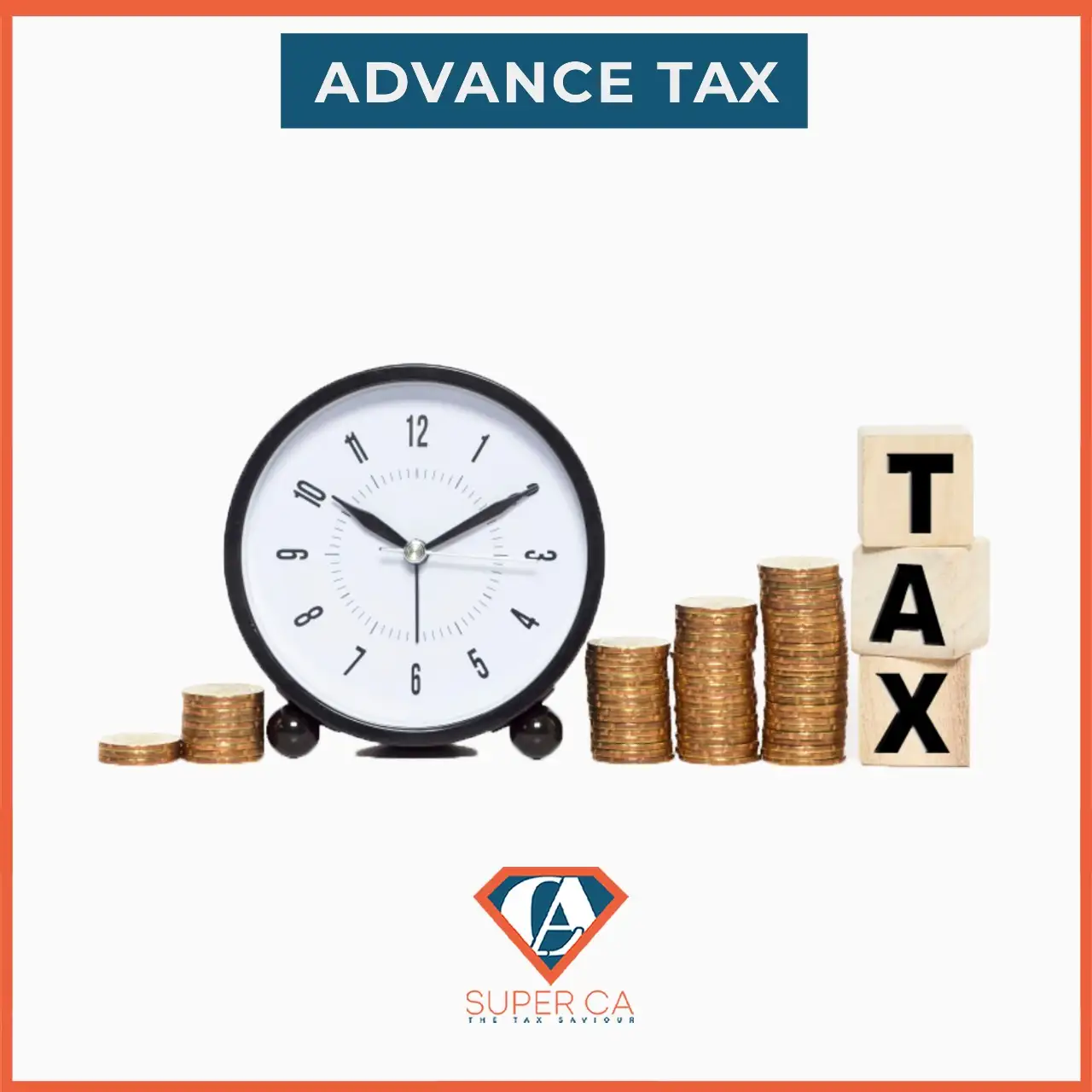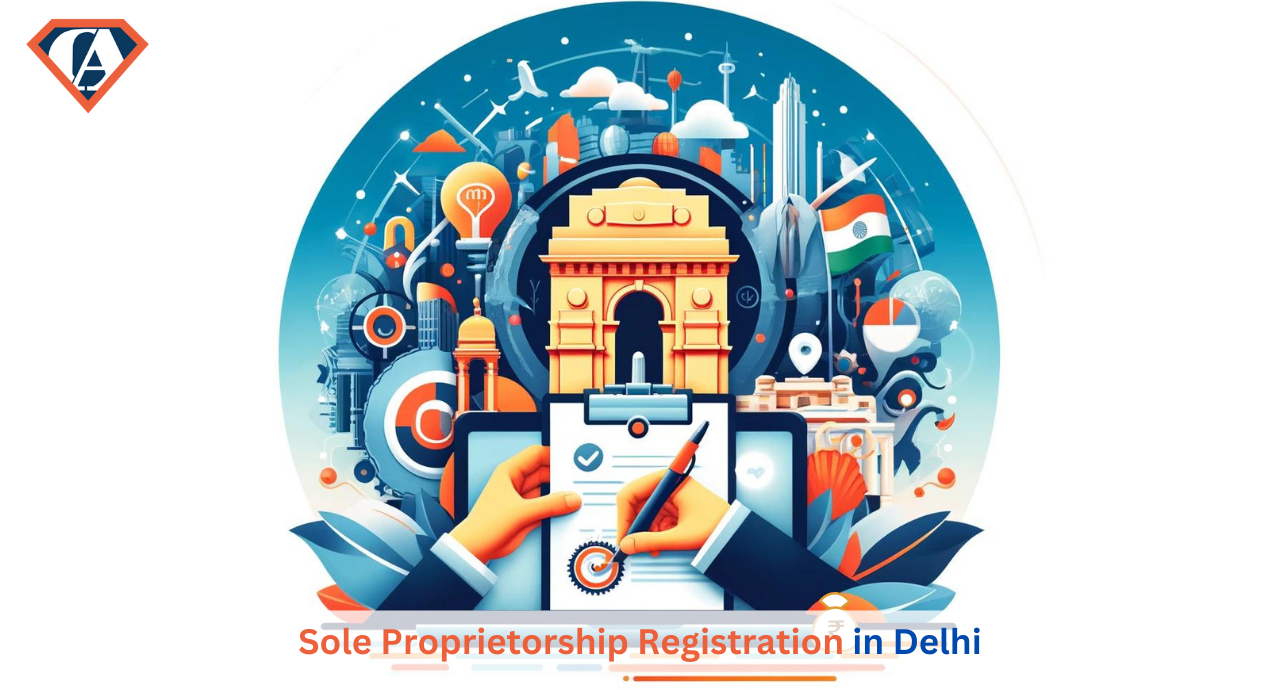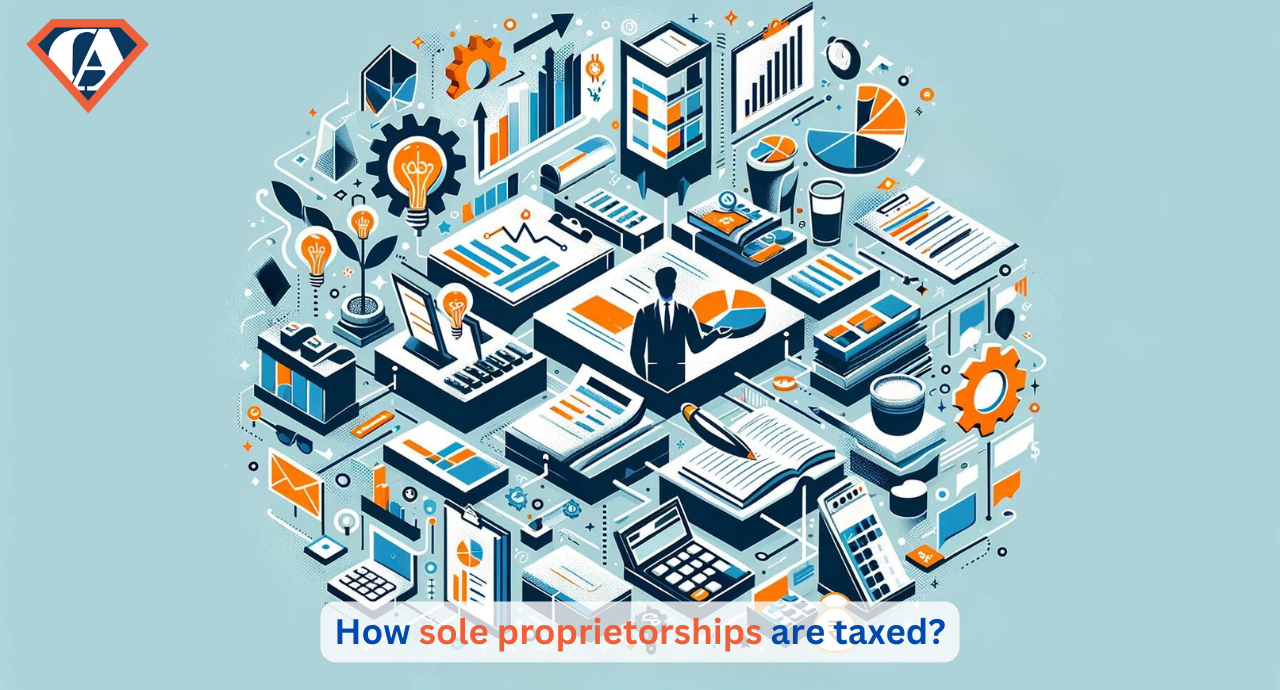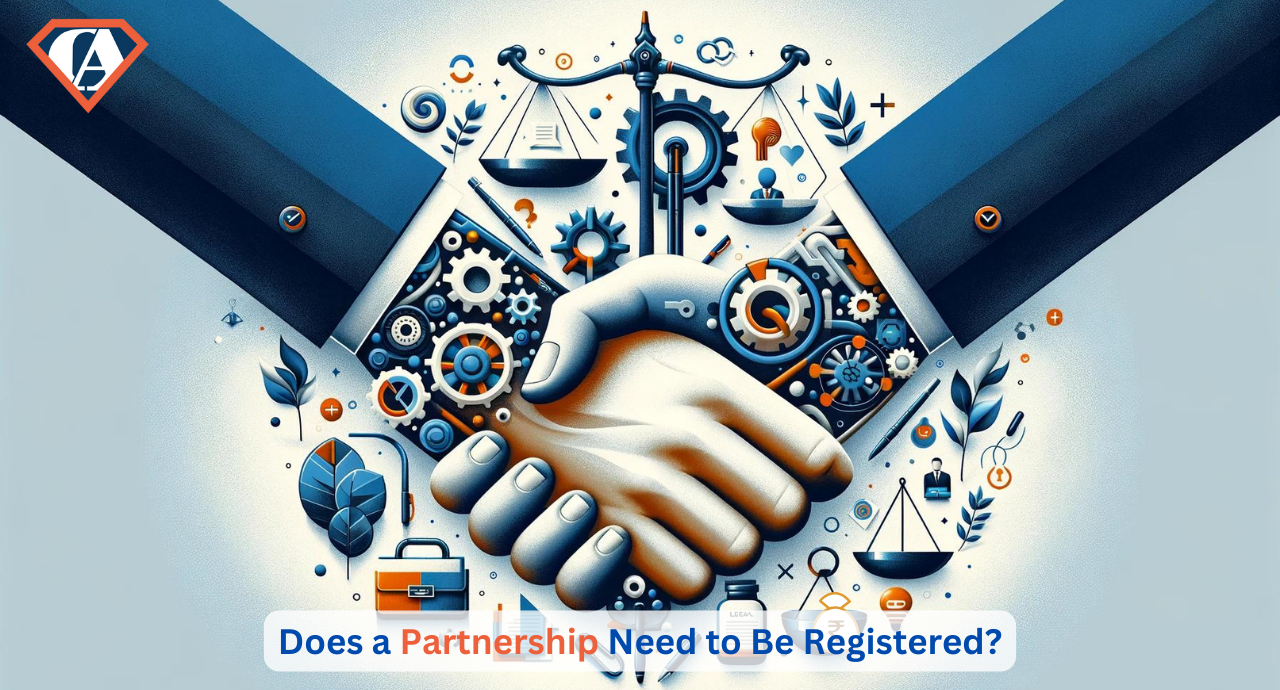Advance Tax
- Posted By SuperCA
- On 22 March

About
Advance tax is one of the many ways to collect income tax. A Taxpayer getting earnings in any way other than salary has to pay Advance tax on income over a limit. It is called Advance Tax because it has to be deposited in advance before the year-end earnings are assessed.
TDS is deducted on the salary of salaried people, while business man or self-employed have to pay advance tax. The government does this so that it continues to have income available for its expenses. Neither the taxpayers have to bear the burden of paying lump sum tax nor the income tax department has to face lump sum tax collection.
Who is liable to pay Advance Tax?
Advance Tax has to be filled in following conditions.
➤ You are salaried but have interest, capital gains and high rent income.
➤ If you are a freelancer and your income is taxed more than 10 thousand rupees.
➤ If you are a businessman and tax is made on your income more than 10 thousand rupees.
Advance Tax Exemptions
You are not required to pay Advance Tax if -
➤ If you are a salaried person and there is no additional source of your income then you do not have to deposit Advance Tax because the TDS you pay is a kind of advance tax. Before the end of the financial year, your employer keeps deducting the income tax being made on you through TDS every month.
➤ People who are above 60 years of age and who rank as senior citizens and who also don't own business establishments of any kind are those who are always exempted from making Advance Tax Payment.
➤Advance tax may also not be paid by taxpayers who choose presumptive schemes in which business income is always assumed to be around 8% of the turnover
How to calculate Advance Tax
1- Add the total income.
Add estimated yearly Earnings from all your sources. Add Earning from your salary, earning from interest, Capital gains, Earning from house or property etc. If you are a freelancer, then add the estimated earnings through all your clients.
2- Reduce expenses from income.
Reduce the estimated expenses during work from your Freelance earnings. In this, the rent of your working place, internet bill, mobile bill, expenses on repair of computers or other equipment etc., bills for your travel expenses etc. can be reduced from Total Earning. Your earning calculation will be calculated based on the payment receipts received from your clients.
3- Reduce the tax deduction income.
After your expenses, it is your turn to calculate your investment or expenses which fall under the category of tax deduction under any government scheme or IT Act. Under Section 80C, 80CCC and 80CCD, you get the exemption of not paying tax on a certain Amount on many investments and expenses. After deducting these deductions from your income, the income you save is included in the calculation of tax.
4- Tax Slab of that Year
Look at the tax slab issued by the government for the year for which you are going to pay tax. On the basis of this slab, tax liability will be made on your income. The Tax slab rates of a normal person or family, of Senior Citizen, Super Senior Citizen, companies, institutions etc. may vary.
5- Surcharge, Cess and Rebate Calculation
Now see whether the condition of Surcharge, Educational Cess, Rebate etc. is made or not on your taxable income. If they are made, then adjust them too. According to all these conditions, decide the amount of advance tax, which you have to deposit.
Payment of Advance Tax
Online Mode :
Most taxpayers generally prefer the online advance tax payment option as it is more convenient.
To pay the advance tax online you have to follow these steps
Move 1- Visit the official online tax payment portal of the IT department at https://onlineservices.tin.egov-nsdl.com/etaxnew/tdsnontds.jsp.
Move 2- Select the correct Challan Number. It is Challan No 280 for Individual Taxpayers.
Move 3- On the next page, select Type of Payment as “(100) Advance Tax”.
Move 4- Fill out details like Mode of Payment, PAN, Assessment Year, Address, etc. and click on "Proceed".
(You will now be redirected to the online payment portal of the payment mode you selected.)
Move 5- Complete the transaction, and you will receive a payment receipt of Challan 280 on your screen. Save this receipt as you will need it at the time of filing ITR.
Offline Mode :
You can also pay your advance taxes offline by visiting a bank branch that is authorized by the IT department to receive tax payments.
They collect advance tax through tax payment challans. Among them are the Reserve Bank, State Bank, PNB, ICICI Bank, HDFC Bank, etc.
Advance Tax Due Date
Self employed business And professional entities and companies need to clear a minimum percentage of tax liabilities by the due dates.
Self-Employed and business entities need to pay up:
- At least 30% of tax liability by September 15 of financial year
- At least 60% of tax liability by December 15 of financial year
- 100% of tax liability by March 15 of financial year
Companies and individuals need to pay up
- At least 15% of tax liability by June 15 or financial year
- At least 45% of tax liability by September 15 of financial year
- At least 75% of tax liability by December 15 of financial year
- 100% tax liability by March 15 of financial year
Charges on Not depositing Advance Tax on Time
If you do not deposit the part of Advance Tax as per the schedule given above, then you also have to submit Late Fee. This is done under two rules.
In case of delay in installment under Section 234C
If you do not deposit the fixed part of Advance till the Dates mentioned in the table above, then in the next installment, Late Charge will also have to be deposited at the rate of 1% for the previous part.
In case the entire taxis not deposited on time under section 234B
If you do not deposit 90 percent of your Advance Tax before the end of the financial year, then late Charge will also have to be deposited at the rate of 1% on the outstanding amount.
Benefits of paying advance tax?
The benefits you get when you pay tax in advance are -
➤It reduces the burden of paying tax at the last moment.
➤It helps in mitigating stress that a taxpayer may undergo while making tax payments at the end of the fiscal year.
➤It saves people from failing to make their tax payments and at the same time helps in raising government funds as the government receives interest on the tax collected.
Conclusion
Paying advance tax is a legal requirement. Distributing it throughout the year can reduce your burden. Prepare your tax payment estimate at the beginning of the year and pay your installments accordingly. Be sure to keep TDS in mind while preparing estimates. In order to save your time and effort you can use net banking for payment.





